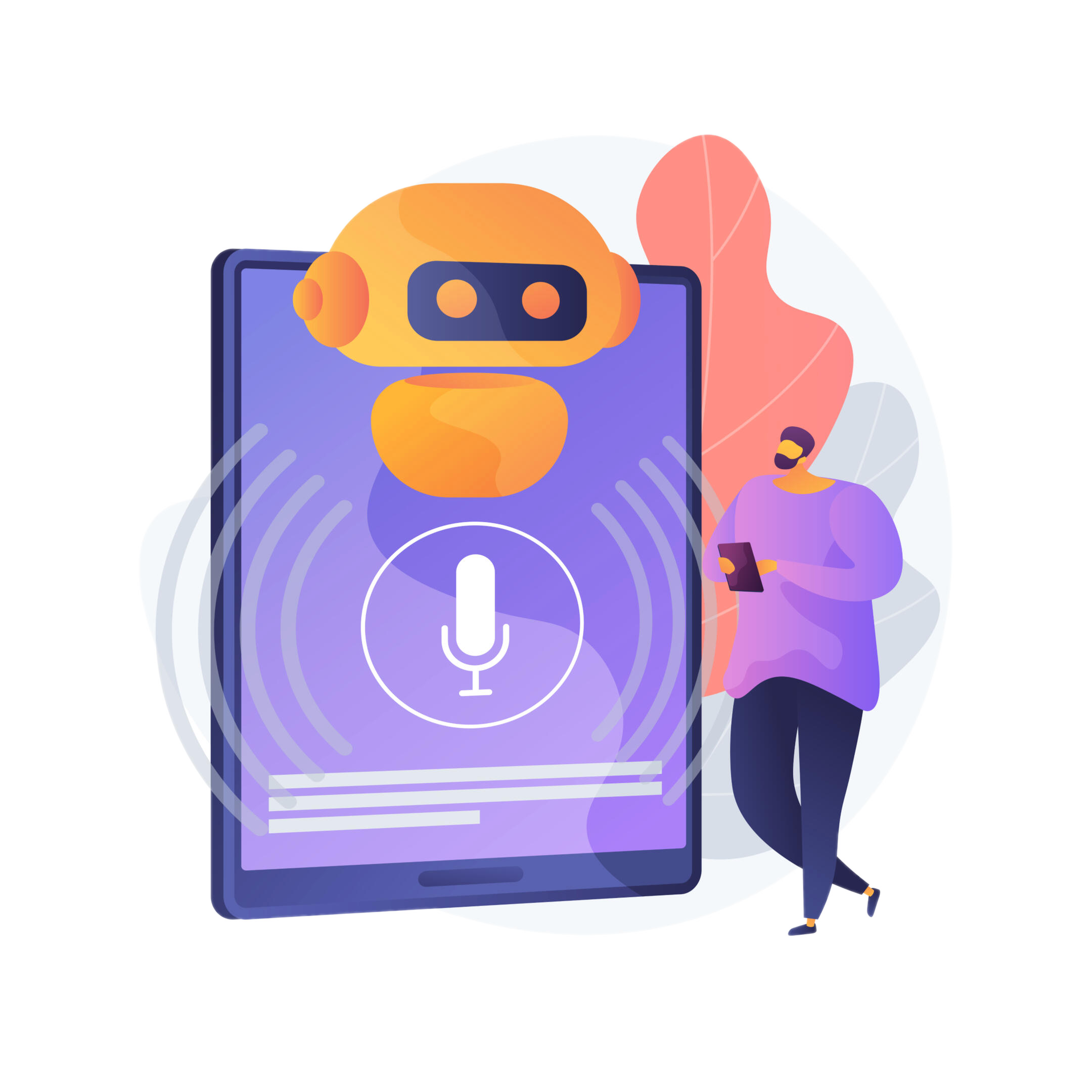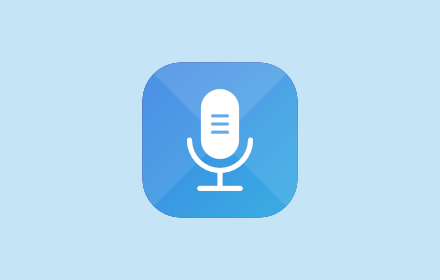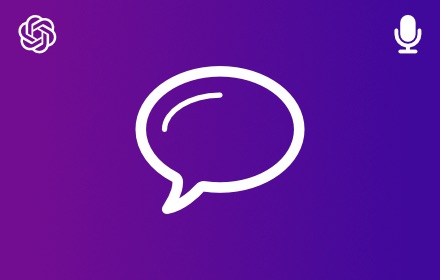Voice Assistants in Healthcare: Enhancing Patient Care and Management
The integration of voice assistants in healthcare settings has marked a significant step forward in the evolution of patient care and management. These advanced tools empower healthcare providers to deliver more efficient, accurate, and personalized care, while also offering patients new ways to manage their health and well-being.
Streamlining Administrative Tasks with Voice Assistants
Voice assistants in healthcare are revolutionizing the way medical professionals handle routine administrative tasks. By effectively managing patient records, appointment scheduling, and data entry, these AI-driven tools release healthcare staff from time-consuming processes, allowing them to dedicate more time and attention to patient care.
For instance, medical practitioners can dictate patient notes through speech-to-text technology, which are then instantaneously transcribed and stored in electronic health records (EHRs). This not only ensures accuracy but also significantly reduces the likelihood of manual errors. Moreover, voice-enabled appointment systems enhance patient experience by making scheduling more accessible and convenient.
Enhancing Clinical Decision-Making
Voice assistants in healthcare also play a vital role in supporting clinicians during the diagnostic and treatment processes. By providing hands-free access to medical databases and patient histories, doctors can quickly retrieve vital information without interrupting patient interactions.
These intelligent systems can analyze patient data against medical knowledge bases to suggest potential diagnoses or alert practitioners to drug interactions, thus acting as a real-time support system in clinical decision-making. This results in a more informed healthcare service, improving patient outcomes and safety.
Voice Assistants in Healthcare: A Partner in Patient Engagement
Another key role of voice assistants in healthcare is fostering patient engagement and self-management. They serve as a vital communication link between patients and their healthcare providers, facilitating reminders for medication, appointments, and health tips directly to patients' devices.
Patients with chronic conditions especially benefit from these AI companions. Voice assistants can remind them to monitor glucose levels, take medication at the correct times, and track their symptoms, all of which contribute to better management of their conditions and overall health.
Conclusion
As voice assistants in healthcare continue to evolve, their potential to transform the healthcare industry grows. They are becoming an integral part of health management, offering tools for professionals to optimize their workflows while enhancing patient care and engagement. With ongoing advancements in AI and machine learning, the capabilities of voice assistants will only become more sophisticated, paving the way for a new era in healthcare delivery.
Subscribe to our newsletter
Subscribe to our newsletter for tips, exciting benefits, and product updates from the team behind Voice Control!
Other projects from the team

Talkio AI
The ultimate language training app that uses AI technology to help you improve your oral language skills.

TalkaType
Simple, Secure Web Dictation. TalkaType brings the convenience of voice-to-text technology directly to your browser, allowing you to input text on any website using just your voice.

Voice Control for Gemini
Expand the voice features of Google Gemini with read aloud and keyboard shortcuts for the built-in voice recognition.